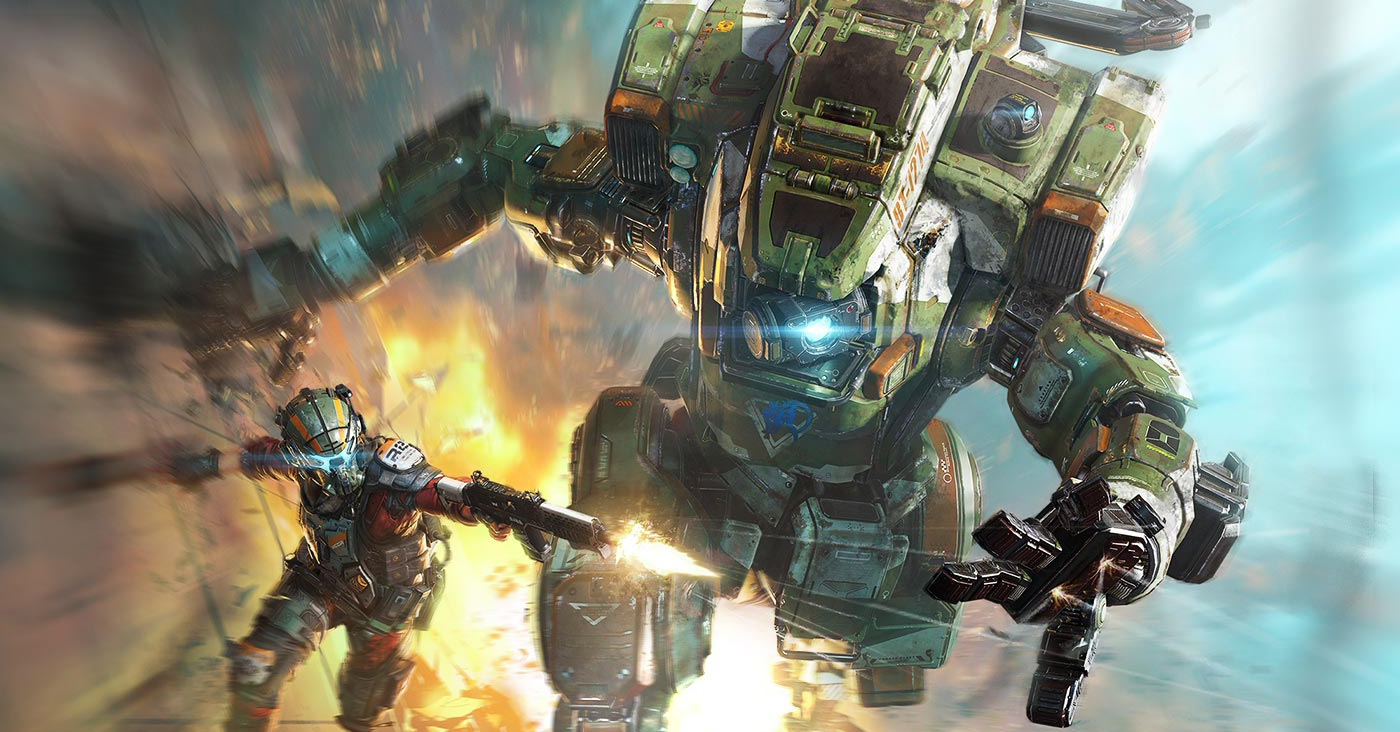EA reveals Project Atlas, a game platform built on AI and cloud computing
More than 1,000 people are currently working on the next-gen project.

Electronic Arts chief technology officer Ken Moss has shared some interesting, far-looking insights into Project Atlas, an integrated "engine + services game development platform" that he described in a lengthy Medium post as " a vision for a cloud-native gaming future."
"We’re at an inflection point where major, complementary tech disruptors are falling into place. As an industry, we’ve made remarkable technological advancements in AI, cloud, distributed computing, social features, and engines," writes Moss.
"But because all of these technologies have continued to evolve separately, it’s been difficult to conceptualize what we could achieve by bringing them together. That’s about to change. Technological disruptors — when brought together in a complementary way — will result in a truly profound unlock for game creators."
The idea is to combine game engines and online services in ways that haven't previously been done by leveraging cloud-based computing: Players will install a "thin client" and then log into games that are running remotely on EA servers. On its own, that sounds quite a bit like existing cloud-based gaming services, but EA plans to use new tech to "enable deeper personalization, and to eventually create a world full of user generated content—blurring the lines between the discrete domains of game engines and game services."
Artificial intelligence is a central component of EA's plan: Moss says that as AI evolves, developers will use it for everything from distributing resources in online shooters to making NPC encounters that are "virtually indecipherable from a human interaction."
"For example, imagine that you’re playing Madden, and you’ve just thrown your second interception of the game against the same cover 2 defense that caused the first turnover. Instead of the commentator simply stating that you threw a pick, the AI enables contextual, real-time commentary to reference the fact that you’re throwing to the sideline against a cover 2 defense and should have thrown against the weak zone over the middle to your tight end, who was open on the route," Moss wrote. "This would certainly push the game into a greater level of contextual and experiential realism."
The technology will also be put to work creating assets and reducing the workload and expense required to take advantage of this futuristic platform. Instead of dozens of artists working for weeks on end to support the "asset density" required to build a believable world, for instance, developers will just tell the machine to do it, and then, I guess, go for lunch.
The biggest gaming news, reviews and hardware deals
Keep up to date with the most important stories and the best deals, as picked by the PC Gamer team.
Moss acknowledges that some of the technology he's talking about already exists, but says that it's too difficult for non-specialists to use and lacks integration, meaning that whenever one aspect is changed, everything else has to be rejiggered to accommodate it. "This hits especially close to home for smaller and indie developers where human capital is finite," he writes. "If you’re investing time and effort in one aspect of development, you’re taking away from something else."
It's all very pie in the sky at this point, with no suggestion of anything like a rollout date: Moss is talking about things like "hyper-realistic destruction within new HD games, that is virtually indistinguishable from real life " in the post. But even taken with a grain of salt, it makes for a very interesting read about what EA envisions for the not-too-distant future. Project Atlas is way beyond anything currently available today, but it falls within the realm of plausibility.
And Moss says that EA is committed to making it happen: "We have over 1,000 EA employees working on building it every day, and dozens of studios around the world contributing their innovations, driving priorities, and already using many of the components."
Moss says he will provide "regular updates" about Project Atlas going forward.

Andy has been gaming on PCs from the very beginning, starting as a youngster with text adventures and primitive action games on a cassette-based TRS80. From there he graduated to the glory days of Sierra Online adventures and Microprose sims, ran a local BBS, learned how to build PCs, and developed a longstanding love of RPGs, immersive sims, and shooters. He began writing videogame news in 2007 for The Escapist and somehow managed to avoid getting fired until 2014, when he joined the storied ranks of PC Gamer. He covers all aspects of the industry, from new game announcements and patch notes to legal disputes, Twitch beefs, esports, and Henry Cavill. Lots of Henry Cavill.

